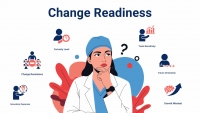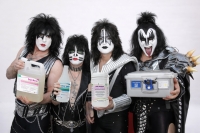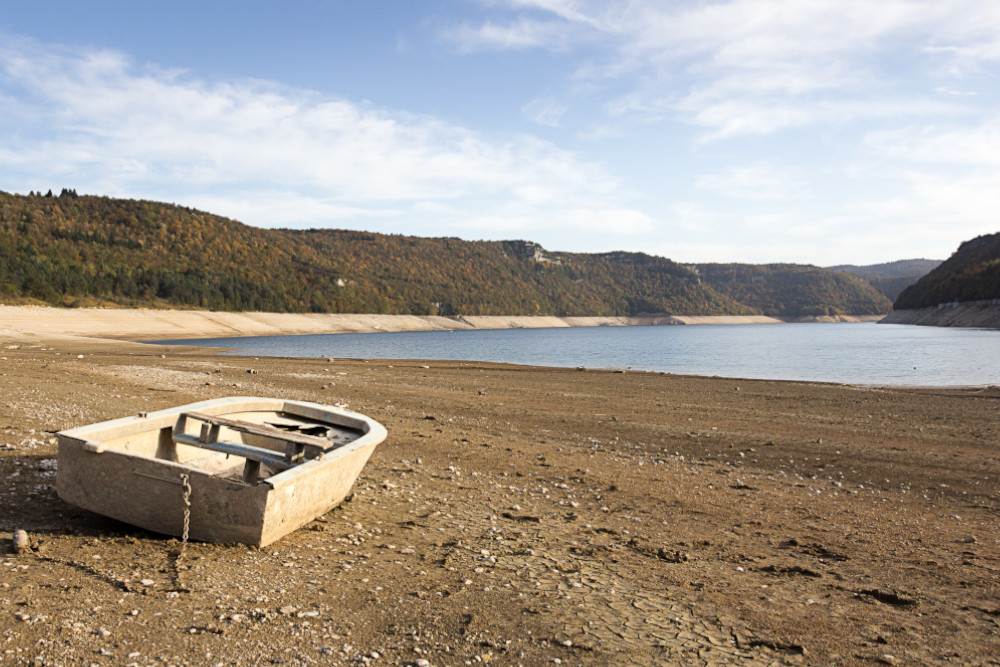
According to the AP News Service this week, Las Vegas is being flooded with lore about organized crime after a second set of human remains emerged from the depths of a drought-stricken Colorado River reservoir. Then Baltimore Bio Crew reported how Balitmore Harbor consecutively fails government-mandated water quality tests and is deemed to have five times the amount of bacteria that would be considered safe for human contact. Did you realize that one cause is microplastics dragging faecal parasites from land into the seas? Of all the pollutants including chemicals that afflict our bodies of water, arguably according to the experts the most notorious is plastic.
Drought, wildfires and climate change
As climate change progresses, rainfall patterns are shifting, creating new areas of drought and high heat, or worsening existing ones resulting in profound changes to wildfire seasons. Although wildfires are a natural occurrence within some forest ecosystems, fire seasons are becoming more extreme and widespread, even in tropical rainforests where fires are atypical. Hotter, drier weather caused by climate change and poor land management create conditions favorable for more frequent, larger, and higher intensity wildfires.

Looking for causes and solutions
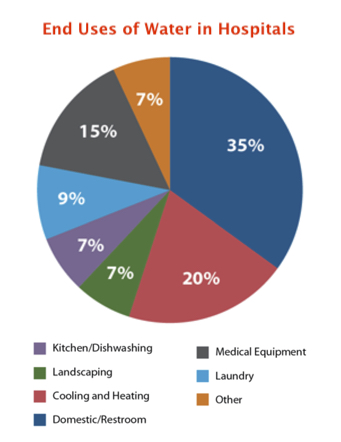
The largest uses of water in hospitals are cooling equipment, plumbing fixtures, landscaping, and medical process rinses. Adapting to drought and water shortages requires that we look at water and water use in new ways. Good water use practices and conservation are the low hanging fruit when it comes to dealing with water shortage. That being said, all humans and living things need water to survive. In healthcare settings, water is critical for patient care, cleaning and rinsing of medical devices, and sanitizing environmental surfaces. Nonetheless, as we look for solutions to maintaining a safe supply of potable water we need to examine what we may be doing wrong to affect the already limited supply we have available. Adding chemicals that can be hazardous, caustic, carcinogenic and even treating water with chemicals, such as salt to soften, may be doing more harm than good.
Benefits of U.S. EPA Safer Choice labeled products
Case Medical supports sustainability. I’m sure that you heard us say this more than once. Stop adding harmful chemicals to our water supply. Use filtration, not resin beds, to purity or soften the water. Look at the science, not the hype. The only ones that benefit are the companies selling the supplies, including the salt. At Case Medical, we promote filtered water. We use only U.S. EPA certified Safer Choice labeled chemicals for formulating our instrument cleaners and lubricant. We use these same products in our manufacturing facility for production and maintenance. There are several distinct benefits from using U.S. EPA Safer Choice labeled products, starting with knowing that they are free rinsing, biodegradable and safe when released into the wastewater stream. Further, too much of a good thing is not necessarily better. We validate our chemistries for use at the lowest concentration for effectiveness and safety.
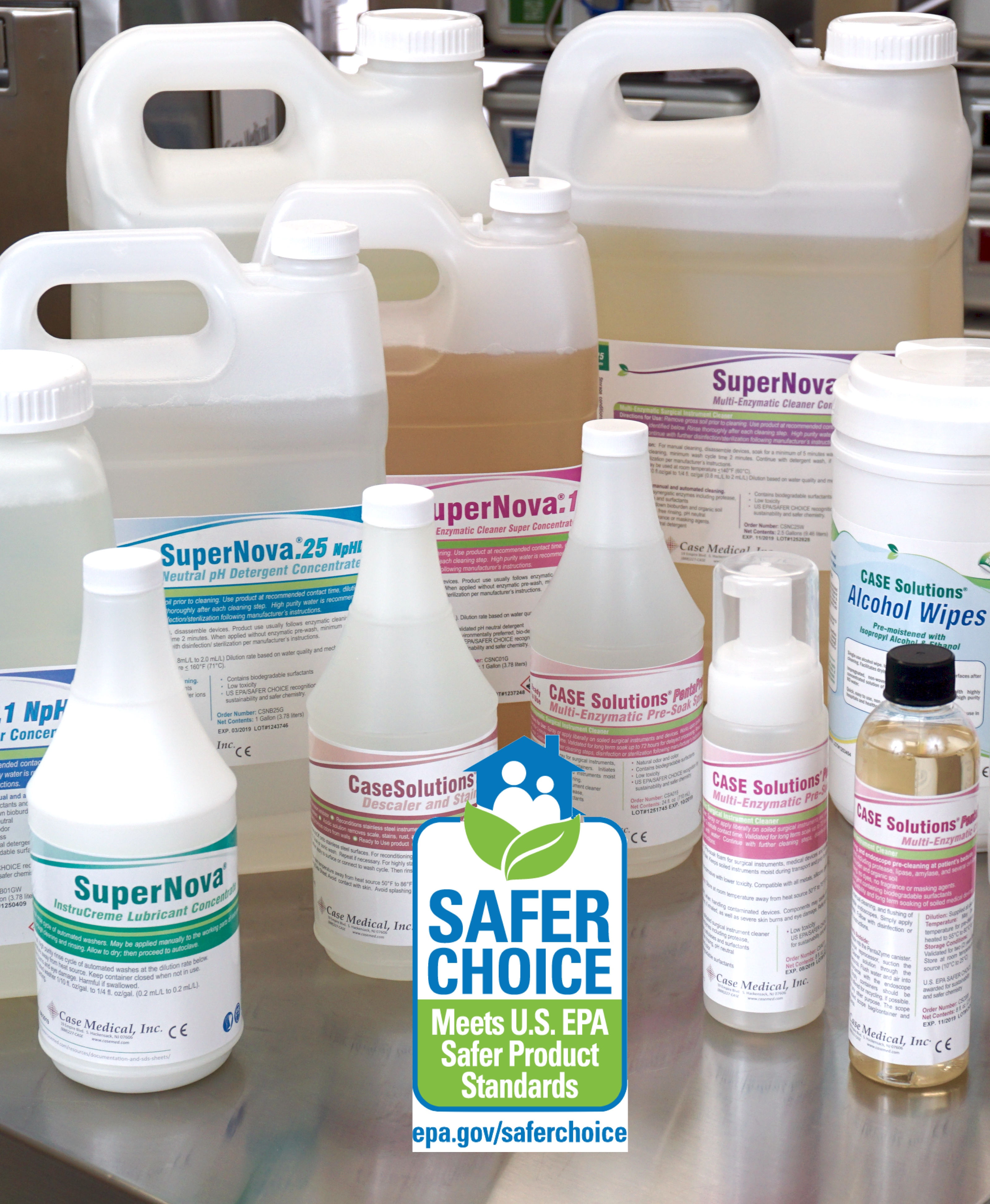
Visit our website www.casemed.com for more information about our U.S. EPA Safer Choice labeled chemistries, our RO water treatment units to purify water without chemicals and for education about our products and how our company is committed to sustainability for ourselves, our patients, and future generations.
Marcia Frieze and the Case Medical team
Proud to be a U.S. EPA Safer Choice Partner of the Year




